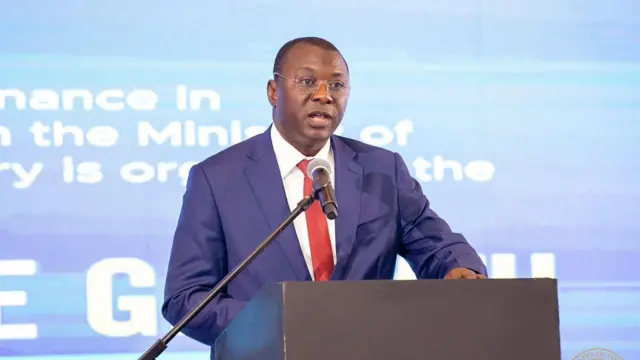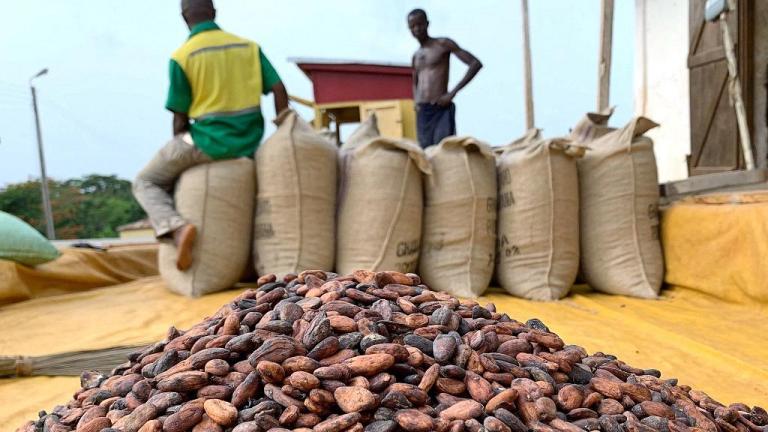Finance Minister Dr. Mohammed Amin Adam has reiterated the substantial role of oil revenue in advancing national development as he outlined plans to boost crude production.
Dr. Adam revealed that the government intends to develop newly discovered oil fields to advance the country’s Gross Domestic Product(GDP).
“We are working on developing new oil fields. It is expected that this will impact the country’s growth rate. We have so far distributed crude oil revenues of approximately US$10.6 billion as of today to the allowable designated accounts provided for in the petroleum revenue management acts”.
He noted that while oil receipts currently contribute just over 1% to Ghana’s GDP, the sector still holds significant untapped potential.
“We are thus working on developing the newly discovered fields with significant reserves to ensure that we generate additional revenues”.
Dr. Adam is optimistic the country could get more revenue from the discovered oil fields.
“All these fields, when developed, will increase Ghana’s revenues and allow us to implement government projects to help put in place the infrastructure required to advance our country’s sustainability,” he said at the Future of Energy Conference in Accra on August 28.
The minister stated that the government was poised to leverage newly discovered oil reserves to increase national revenue and fund essential capital projects.
Dr. Adam emphasized that oil revenue has the transformative potential to drive substantial national development and economic growth.
More on Ghana’s oil reserves
In March 2024, data from the Finance Ministry indicated crude oil reserves for Ghana was 190 thousand barrels per day.
Crude oil reserves of Ghana increased from 157.55 thousand barrels per day in April 2023 to 190 thousand barrels per day in March 2024 growing at an average annual rate of 1.74%.
Ghana has proven reserves equivalent to 20.5 times its annual consumption.
This means that, without net exports, there would be about 21 years of oil left (at current consumption levels and excluding unproven reserves).
















